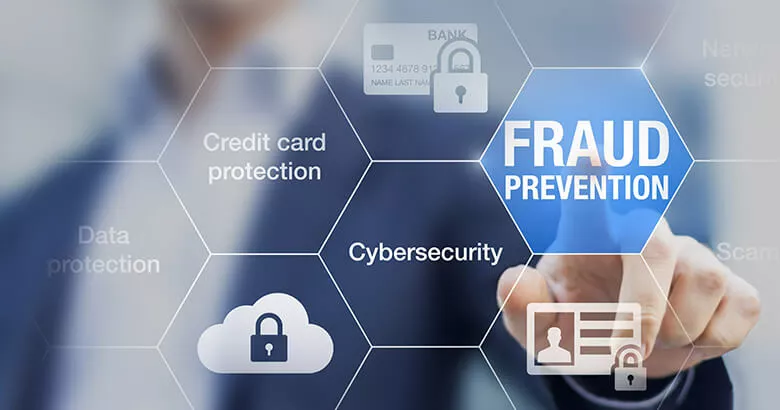In today’s fast-moving business world, the threat of money laundering is more than just a distant concern—it’s a daily risk. For regulated businesses, staying compliant isn’t just about ticking boxes; it’s about protecting your reputation and staying ahead of costly mistakes. That’s where the independent AML audit comes in. It’s not just a requirement. It’s your early warning system, your system health check, and your best tool for staying compliant, all rolled into one.
Let’s break down what this audit really involves—and why it could be the smartest move your business makes this year.
Independent AML Audit: More Than Just a Check
Think of an independent AML audit as a full-body scan for your compliance program. It’s conducted by someone who has no involvement in your day-to-day AML activities—someone with a fresh perspective and no internal bias. Their job is to look at your systems and controls with a sharp, outsider’s eye. Are you identifying suspicious transactions properly? Is your team trained enough? Are your customer checks really doing the job?
But this audit isn’t just about finding faults—it’s about helping you get better. You’ll get honest insights into what’s working, what’s outdated, and what needs immediate attention. Businesses often miss signs of trouble because they’re too close to the process. An independent auditor brings clarity. In many industries—finance, real estate, crypto—it’s even required by law. But legal obligation aside, this audit gives you something even more valuable: confidence that you’re doing the right thing to stop financial crime before it starts.
Why Independence Really Matters
You might wonder: “Can’t our internal compliance team handle the audit?” In short—no, not if you want it to be truly independent. When the same people who design the system are also reviewing it, blind spots are inevitable. They may be too familiar with the process or may unintentionally overlook errors. That’s why regulators demand independence—because they know that real oversight requires distance.
A truly independent audit provides a reality check. It uncovers weak spots your team might miss and helps prevent regulatory penalties before they happen. Independence also reassures stakeholders, investors, and customers. It shows that your business isn’t just claiming to be compliant—it’s proving it.
And here’s the thing: money launderers don’t wait. They look for businesses with cracks in their systems. An outside expert can test your defences and challenge your controls in a way your internal team can’t. When regulators come knocking, you’ll be glad you had that second opinion.
What Happens During an Independent AML Audit?
So what actually goes on during the audit? A lot more than just ticking boxes. It starts with a close look at your risk assessment. Is it tailored to your current customers, regions, and services—or is it something copied from a template three years ago? Next, the auditor reviews your policies and procedures. Are they practical? Are they actually being followed?
Then they dive deeper: how do you verify customer identities? How do you detect suspicious behaviour? Do you train your staff regularly, and is that training recorded? A good auditor will look at your transaction monitoring system, test real cases, and evaluate how quickly and effectively you respond to alerts.
Finally, you’ll get a detailed report that breaks down findings and gives you clear steps to fix any issues. This isn’t just about compliance—it’s about building a smarter, more resilient business. And when you act on the findings, your entire AML program becomes stronger. That’s the real value of an independent AML audit: it doesn’t just protect your business. It sharpens it.
Frequently Asked Questions (FAQ)
1. What is the main goal of an independent AML audit?
The goal is to test how well your business is complying with Anti-Money Laundering laws and regulations. But it’s more than just checking for errors—it helps ensure that your AML program actually works in real life. It looks at your risk assessment, transaction monitoring, customer verification, and staff training. An independent audit gives you honest, unbiased feedback from someone outside your team. It helps catch gaps before regulators or criminals do, making it a key part of any strong compliance strategy.
2. Is an independent AML audit legally required?
In many industries and countries, yes. Businesses like financial institutions, real estate firms, and accountants are often legally required to have regular independent AML audits. Even when not mandatory, it’s considered a best practice and is strongly encouraged by regulators. The reason is simple: independent audits offer objectivity. They give regulators confidence that your AML controls are functioning and give your business the chance to fix problems before they become major issues. It’s about staying ahead, not scrambling after the fact.
3. How often should we conduct an independent AML audit?
There’s no fixed rule, but most high-risk businesses conduct one annually. If your business has a low-risk profile or fewer AML requirements, you might opt for every two to three years. However, if you’ve had major changes—like adding new products, expanding to new countries, or being flagged by a regulator—it’s wise to audit sooner. Frequency should match the complexity and risk level of your operations. Remember, this isn’t just a box to tick—it’s a way to keep your compliance program strong and reliable.
Conclusion
An independent AML audit is more than just a regulatory checkbox—it’s a smart, proactive step to strengthen your business. In a time when financial crime is becoming more advanced, relying on internal reviews alone isn’t enough. An outside perspective can uncover what’s working, what’s not, and where your controls need tightening. It helps you avoid fines, protects your reputation, and shows regulators that your business takes compliance seriously.
Whether you’re in finance, real estate, accounting, or crypto, the audit is your opportunity to stay ahead of risk. And the sooner you act on its findings, the stronger your entire AML framework becomes.






